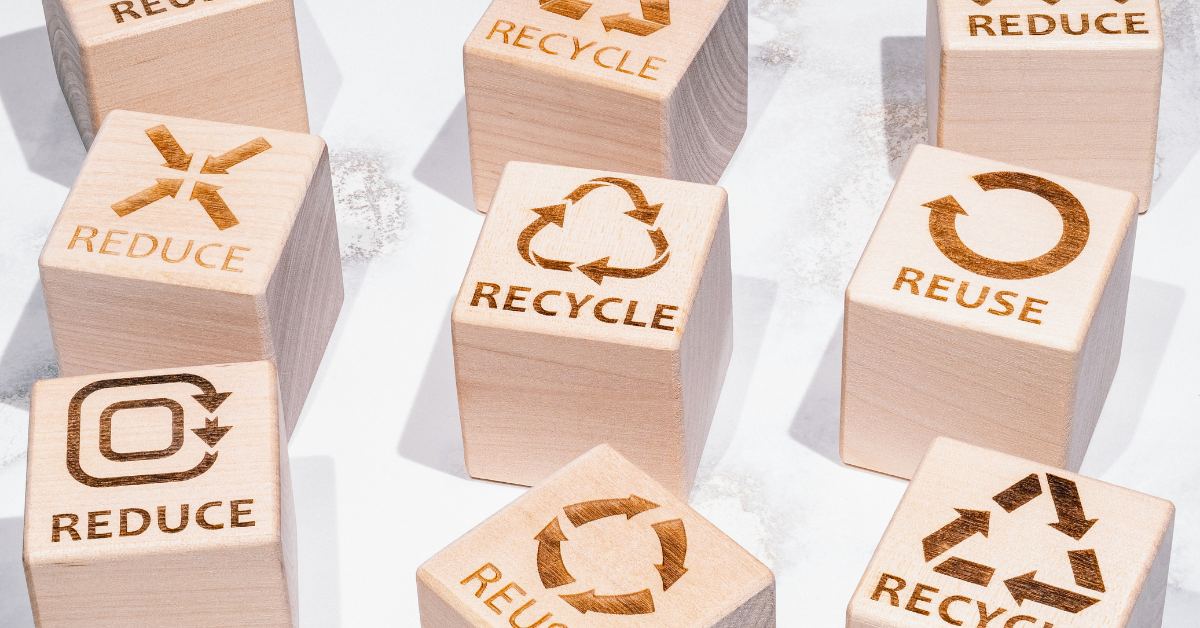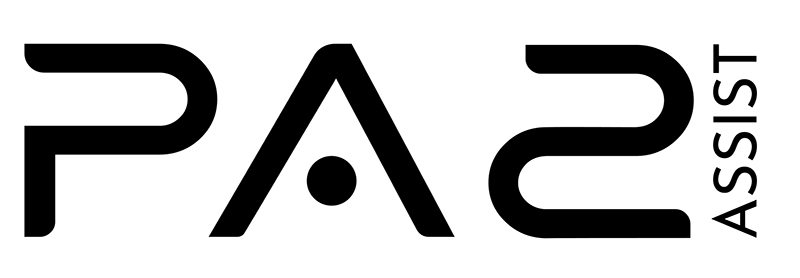Waste Management Optimization: Personal Assistants in Sustainability

Introduction:
In the quest for sustainability, waste management stands as a critical challenge for communities, businesses, and individuals alike. The complexities of reducing, reusing, recycling, and properly disposing of waste require innovative approaches to ensure environmental protection and resource conservation. Enter the era of waste management optimization through personal assistants—a digital revolution that promises to redefine our approach to sustainability.
AI-powered personal assistants are enhancing waste management strategies by offering personalized advice, minimizing waste production, reminding users of collection schedules, and integrating with smart home systems for environmental awareness.
One of the most significant challenges in recycling is understanding the myriad rules that vary by location and material type. Personal assistants can demystify these regulations, guiding users on how to properly sort their recyclables and where to dispose of them. This guidance not only improves recycling rates but also ensures that materials are processed correctly, increasing the efficiency of recycling programs.
Food waste is a substantial contributor to overall waste, with significant environmental, economic, and social implications. Personal assistants can help tackle this issue by tracking food purchases and consumption patterns and suggesting recipes based on available ingredients to minimize spoilage. They can also provide reminders to consume items before they expire, contributing to a significant reduction in food waste.
Beyond individual use, personal assistants can play a crucial role in corporate sustainability initiatives. They can assist businesses in monitoring and managing their waste production, identifying opportunities for waste reduction, and ensuring compliance with environmental regulations. By analyzing data on waste generation, personal assistants can recommend operational adjustments to promote sustainability, from reducing paper use to optimizing supply chain logistics.
Waste management is not just an individual or corporate responsibility; it’s a community-wide endeavor. Personal assistants can foster community engagement by informing users about local clean-up events, recycling programs, and waste reduction challenges. By encouraging participation in community sustainability efforts, these tools help build a culture of environmental stewardship.
Personal assistants are transforming waste management by integrating sustainability into daily life. As technology advances, they can track environmental impacts and automatically schedule donations. The collected data can inform policy-makers and businesses, promoting a circular economy and effective waste management strategies. This not only encourages individual action but also drives systemic change towards a more sustainable world.
The optimization of waste management through personal assistants represents a promising frontier in the pursuit of sustainability. By offering personalized guidance, streamlining recycling efforts, reducing food waste, and fostering community engagement, these digital tools empower individuals and organizations to make more environmentally friendly choices. As we continue to innovate and integrate technology into our sustainability efforts, the dream of a waste-free future becomes ever more attainable.
#WasteManagementOptimization #SustainabilityTech #AIforSustainability #RecyclingSolutions #ReduceFoodWaste #EcoFriendlyLiving #SmartWasteSolutions #DigitalAssistantsInGreenLiving #SustainablePractices #EnvironmentalStewardship #CircularEconomy #TechForGood #GreenInnovation #ZeroWasteLifestyle #SmartSustainability
Registered Office Address
